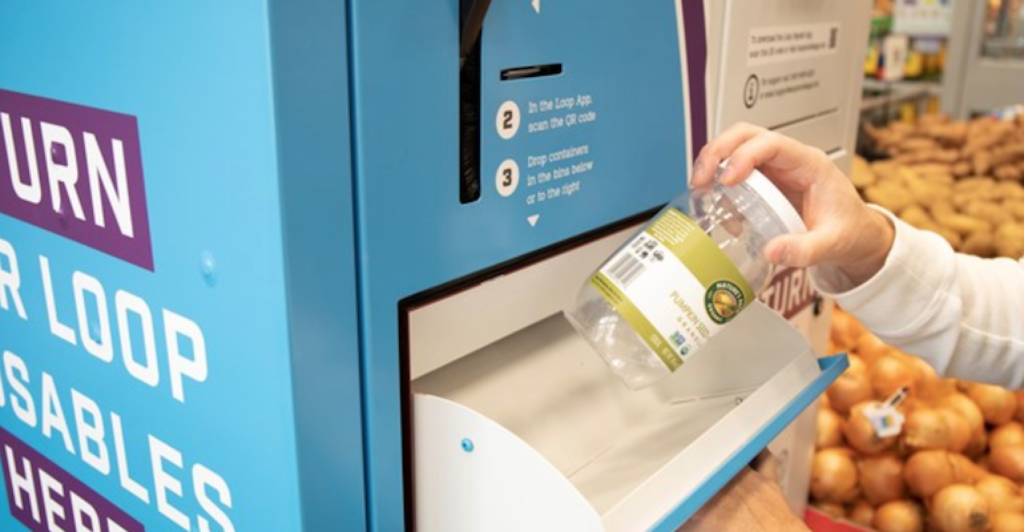As the world grapples with the environmental consequences of plastic pollution and waste, sustainable packaging has emerged as a beacon of hope for a greener future.
Consciousness is at the forefront of consumer and industry concerns, and sustainable packaging has emerged as a pivotal solution to combat the growing tide of plastic pollution and waste. From biodegradable materials to innovative design concepts, brands must carefully choose their packaging to attract and retain customers.
Trends in Sustainable Packaging
The shift towards sustainable packaging is driven by several key trends shaping the industry. One prominent trend is the adoption of biodegradable and compostable materials, such as plant-based plastics, bamboo and mushroom-based packaging. These materials offer a renewable and eco-friendly alternative to traditional plastics, reducing environmental impact and carbon footprint.
Another significant one is the rise of minimalist and lightweight packaging designs, aimed at reducing material usage and optimising space efficiency. By prioritising simplicity and functionality, brands can minimise waste and transportation emissions while enhancing consumer convenience and brand appeal.
While the convenience is questionable, brands like Apple and Samsung stopped including charging bricks with smartphones to reduce the box sizes and costs related to shipping and production.
Importance of Sustainable Packaging
Sustainable packaging plays a crucial role in addressing pressing environmental challenges, including plastic pollution, deforestation, and greenhouse gas emissions. By adopting eco-friendly solutions, brands can minimise their environmental footprint and contribute to global efforts towards sustainability and conservation.
Moreover, sustainable packaging has become increasingly important for businesses seeking to meet consumer demand for ethically sourced and environmentally responsible products. Consumers are actively seeking out brands that prioritise sustainability, making it a key differentiator and competitive advantage for businesses.

Loop, a global shopping platform that offers products in durable, reusable packaging is leading by example. By partnering with leading brands like Procter & Gamble and Nestlé, Loop aims to eliminate single-use packaging waste and promote a circular economy model.
Closer to home, Fabindia has implemented sustainable packaging solutions such as biodegradable bags and recycled paper packaging for its products.
Evolution of Sustainable Packaging
Over the years, sustainable packaging has evolved from niche innovation to mainstream adoption, driven by advancements in technology, consumer awareness, and regulatory pressures. International brands like Patagonia and Unilever have been at the right end of this evolution, pioneering eco-friendly packaging solutions and setting new standards for sustainability in the industry.
In India, companies like ITC Limited and Hindustan Unilever have also embraced sustainable packaging practices, introducing initiatives such as recyclable paperboard packaging and plastic waste reduction programs.
These efforts reflect a growing awareness and commitment to environmental stewardship within the Indian business community.
With the evolution of eco-friendly solutions and the commitment of brands both globally and locally, the journey towards sustainable packaging has become a necessary journey for profitable businesses looking to become beloved brands by contributing towards a more sustainable and environmentally conscious future.



